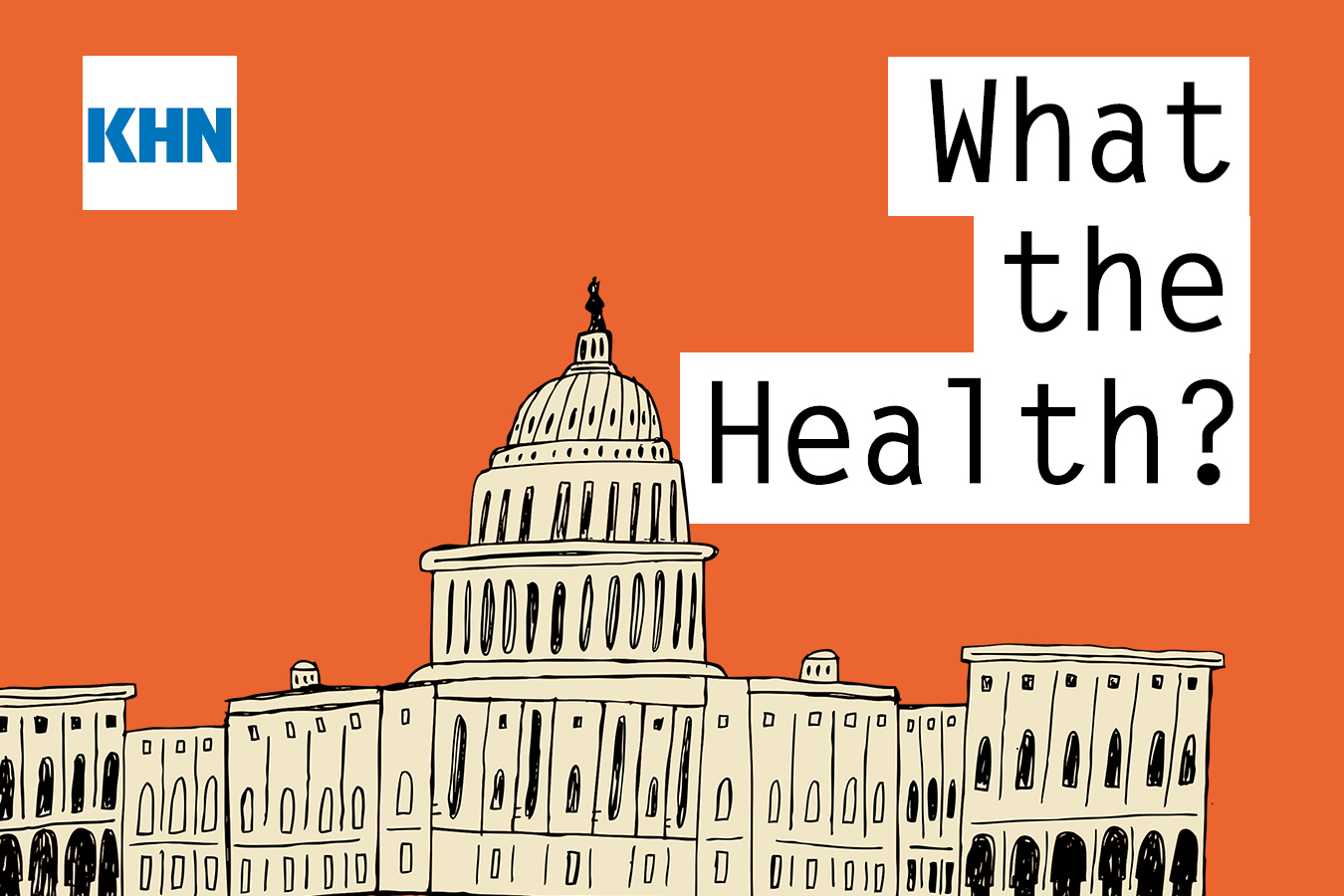KHN’s ‘What the Health?’: The FDA Goes After Nicotine

Can’t see the audio player? Click here to listen on Acast. You can also listen on Spotify, Apple Podcasts, Stitcher, Pocket Casts, or wherever you listen to podcasts.
The FDA this week launched a crackdown on smoking and vaping — ordering the vaping device Juul to be taken off the market and announcing its intention to require makers of cigarettes and other tobacco products to reduce the amount of nicotine in them.
Meanwhile, the Supreme Court did not announce a ruling in a high-stakes abortion case, but it said that private health insurers could limit the amount of kidney dialysis care they provide, thus forcing some patients onto Medicare.
This week’s panelists are Julie Rovner of KHN, Joanne Kenen of the Johns Hopkins Bloomberg School of Public Health and Politico, and Rachel Cohrs of Stat.
Among the takeaways from this week’s episode:
The FDA has ordered Juul to remove its e-cigarettes from the U.S. marketplace because the company’s application to the agency did not provide enough information for regulators to determine whether Juul presented a hazard to users. The FDA said there were concerns about the risk of some harmful chemicals leaching from the Juul pods. Juul is expected to appeal the FDA decision to the courts.Juul helped ignite an explosion in e-cigarette use when it came on the market, and officials originally thought it would aid smokers seeking to kick the cigarette habit. But the industry’s use of flavored tobacco and aggressive marketing helped fuel a dramatic rise in use among teens and led to a regulatory crackdown.The Supreme Court this week ruled that employers may opt to make all dialysis treatment out of network in their workers’ health plans, a decision that would likely drive many patients to seek Medicare coverage for their kidney problems. The decision was a disappointment for dialysis providers, who receive less in reimbursements from Medicare than they typically get from private insurance plans.The decision leaves many details unresolved and further legal fights could be coming. Dialysis providers might also turn to Congress to establish laws that would prohibit employers from such moves.The Senate is likely to consider a bill proposed by Sens. Susan Collins (R-Maine) and Jeanne Shaheen (D-N.H.) that seeks to lower the cost of insulin. The bill is considered more friendly to drugmakers than another measure that passed the House this year. The Senate bill seeks to get drugmakers to offer insulin at the price they received from Medicare in 2021 by allowing them to bypass rebates and other costly subsidies paid to pharmacy benefit managers and insurance plans. It would also limit out-of-pocket costs for insured consumers to $35.As the Senate moves closer to a vote on gun safety legislation, other efforts are underway to find more funding for programs to help deal with mental health problems. Those efforts could help with campaigns to reduce suicides and domestic violence, which are also often tied to guns.The House is launching efforts to pass appropriations bills, and the initial funding measure for the Department of Health and Human Services once again does not include the so-called Hyde Amendment, a long-standing policy named for the late Rep. Henry Hyde (R-Ill.) that bans federal funds from being used for most abortions. Earlier efforts by the House to jettison the Hyde Amendment did not clear the Senate.President Joe Biden has nominated Arati Prabhakar, former head of the Defense Advanced Research Projects Agency (DARPA), to head the White House Office of Science and Technology Policy. She would replace Eric Lander, who was forced to resign after reports of staff harassment.Prabhakar appears to be a noncontroversial choice and comes with a good deal of management experience. Her responsibilities will likely include overseeing pandemic planning, efforts to shape a new biomedical research agency called ARPA-H, and strategies to enhance cancer prevention.
Also this week, Rovner interviews KHN’s Noam N. Levey about the new KHN-NPR project on medical debt, called “Diagnosis: Debt.”
Plus, for extra credit, the panelists recommend their favorite health policy stories of the week they think you should read, too:
Julie Rovner: The AP’s “At Westminster Dog Show, New Focus on Veterinarians’ Welfare,” by Jennifer Peltz
Joanne Kenen: Fern.org’s “Back Forty: How to Protect Farmworkers From Heat-Related Kidney Disease,” by Nancy Averett
Rachel Cohrs: The Markup’s “Facebook Is Receiving Sensitive Medical Information From Hospital Websites,” by Todd Feathers, Simon Fondrie-Teitler, Angie Waller, and Surya Mattu
To hear all our podcasts, click here.
And subscribe to KHN’s What the Health? on Spotify, Apple Podcasts, Stitcher, Pocket Casts, or wherever you listen to podcasts.
Related Topics
Contact Us
Submit a Story Tip




